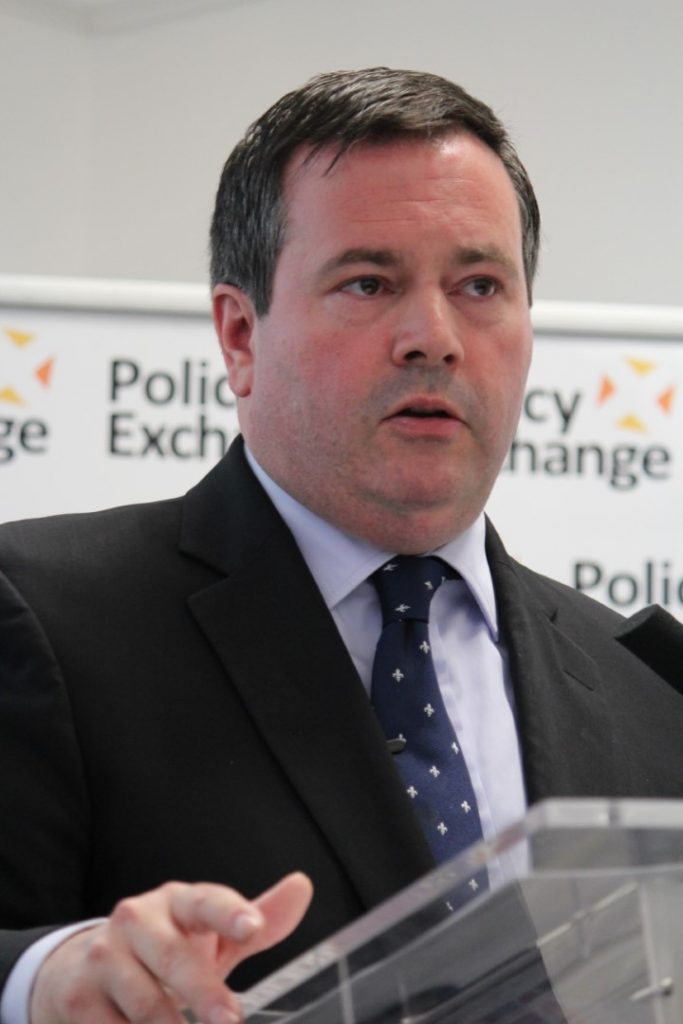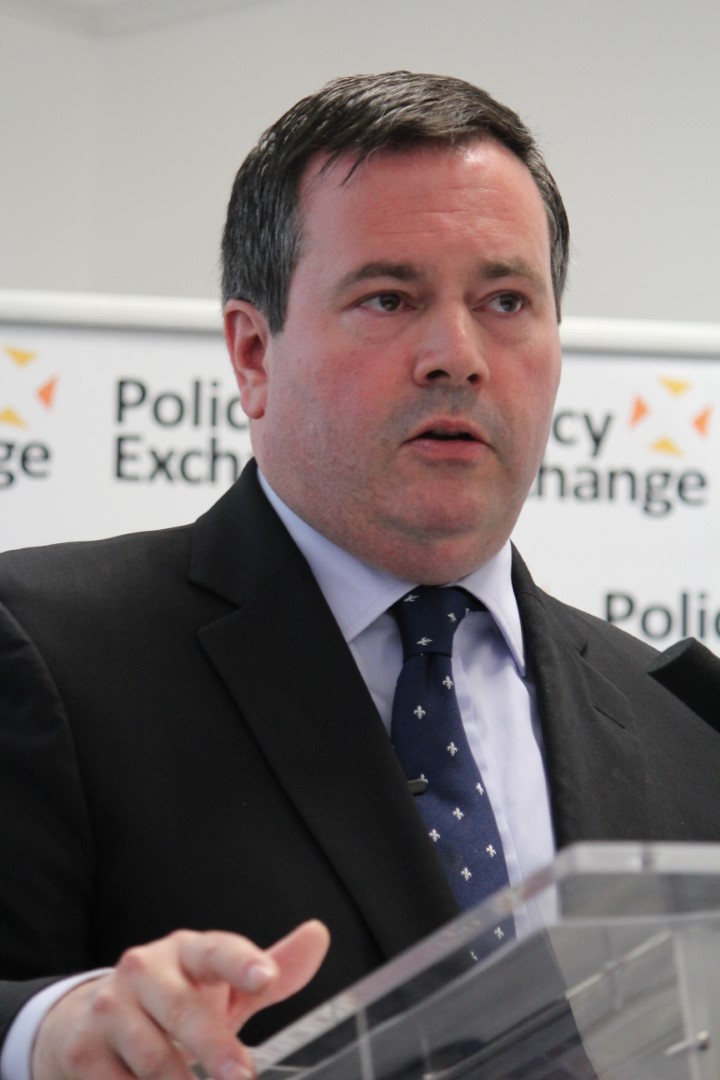
Tensions rise between Alberta and BC post-election
By Tania Arora, Staff Reporter
In the opening lines of his victory speech, United Conservative Party leader and new Alberta Premier Jason Kenney stated: “Today, our province has sent a message to Canada and the world: Alberta is open for business.”
Justin Trudeau congratulated him by issuing a statement where he said, “I look forward to working with the provincial government to create good, middle class jobs, build infrastructure, and grow the businesses and industries at the heart of Alberta’s prosperity so the province can remain competitive in our changing economy.”
April 17 saw the UCP defeating Rachel Notley and the New Democrats by leading in 63 ridings. Since the beginning, Kenney claimed to be all about the business. Out of all the promises made by Kenney, one has a major impact of the province of British Columbia. After an intense back and forth between the provinces on the issue of pipeline construction, Kenney has threatened to “turn off the taps” if BC continues to oppose the Trans Mountain pipeline in particular.
However, Kenney’s threat has largely been seen as an empty one, according to many experts in the field.
“I think a lot of what Mr. Kenney’s saying is grandstanding,” said economist Robyn Allan to Global News. “There’s a significant amount of revenue involved for Alberta’s oil producers when you’re sending 300,000 barrels a day of crude product and refined product.”
Kenney has also recently claimed that BC’s current spike in gas prices—in some places reaching over $1.70 per litre—is a result of BC’s opposition to Alberta’s Trans Mountain pipeline.
“Unfortunately, since coming to office in July of 2017, the BC government has opposed the expansion of this pipeline every step of the way […] and in so doing they’ve driven up gasoline prices in the Lower Mainland,” said Kenney at a recent press conference.
This claim has also been rebutted by economists, who believe that the two things are completely unrelated. In fact, according to an Albertan economist, the BC government has had little direct impact on Trans Mountain pipeline delays.
“What’s delayed Trans Mountain […] has very little to do with the actions of the BC government to date,” said Andrew Leach, an energy economist at the University of Alberta, to the CBC. “It has more to do with the federal government’s not meeting its duty to consult with First Nations and not adequately following up on its responsibilities under the Species at Risk Act.”
The Trans Mountain pipeline expansion could provide a short-term economic boost but at the same time it would result in a drastic increase in coast-to-port tanker traffic. This would increase the risk of oil spills, as well as result in potential harm to resident orca populations in the area due to increased underwater noise pollution. The pipeline has faced drastic opposition from many BC residents, Indigenous groups, and environmental protection groups.



